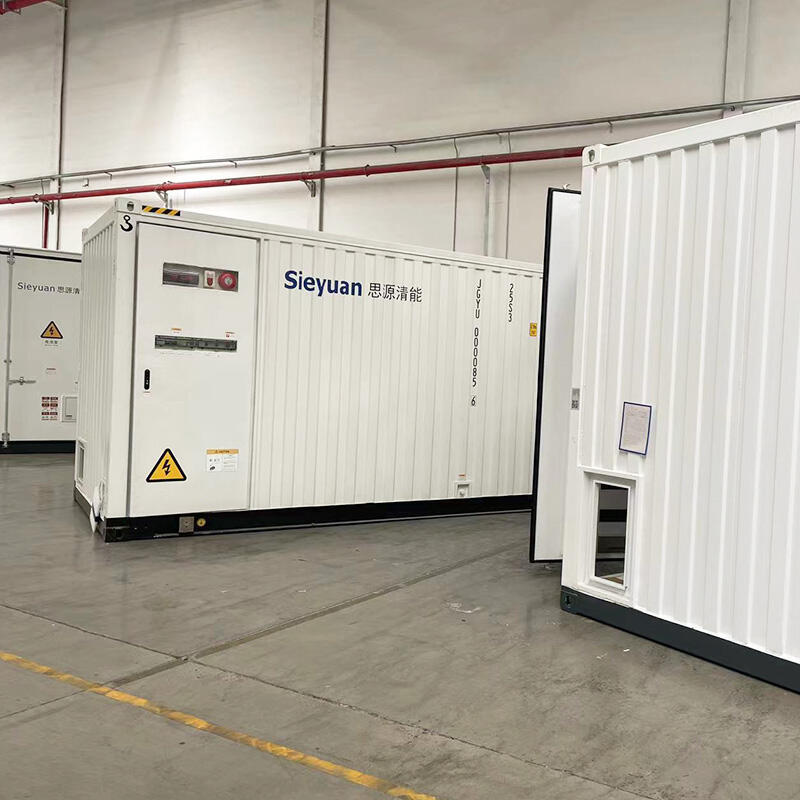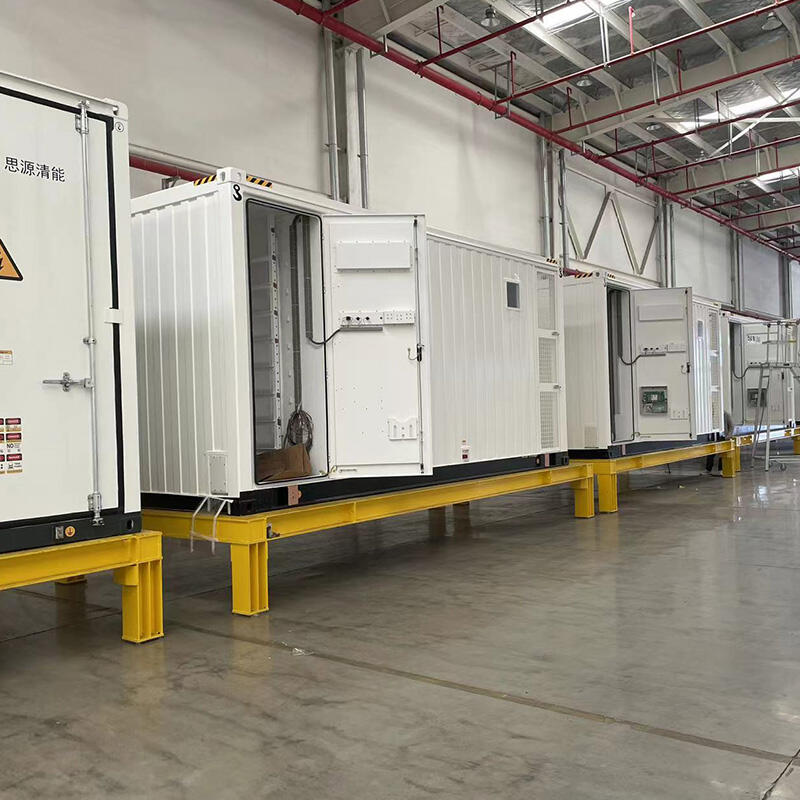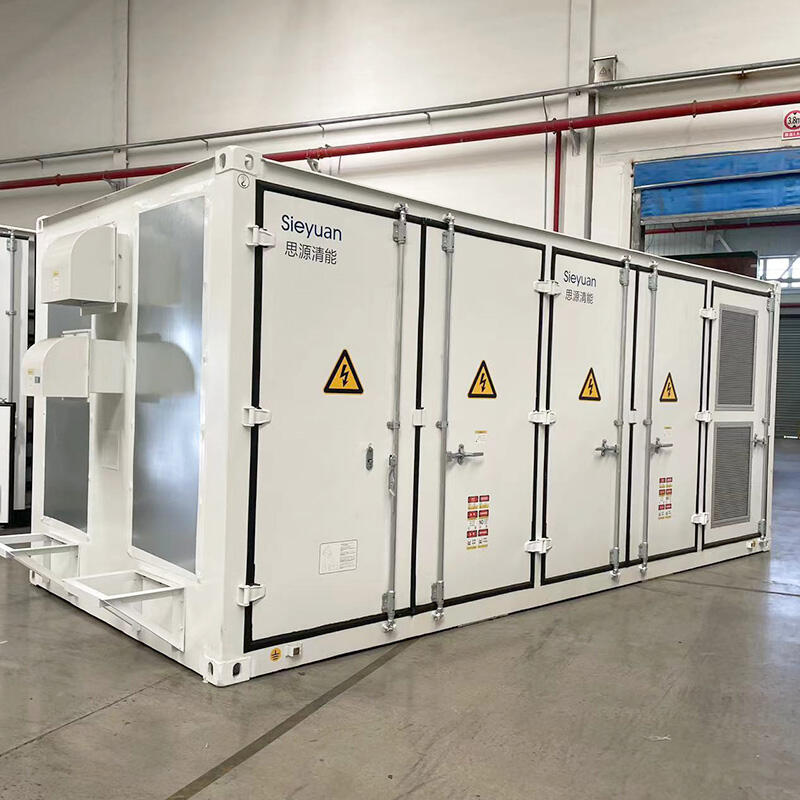renewable energy storage systems are specialized solutions designed to capture and store excess energy generated from renewable sources like solar, wind, and hydro, addressing their intermittent nature. These renewable energy storage systems ensure that energy produced during peak generation periods—such as midday for solar or high-wind periods—is available for use when generation declines, maintaining a consistent power supply. renewable energy storage systems often use battery technologies (lithium-ion, flow batteries) for their ability to quickly charge and discharge, making them ideal for balancing short-term fluctuations in renewable output. For utility-scale renewable projects, renewable energy storage systems provide grid services such as frequency regulation and voltage support, enhancing grid stability. Smaller renewable energy storage systems, like residential solar batteries, allow homeowners to maximize self-consumption of solar energy, reducing reliance on the grid and lowering electricity bills. renewable energy storage systems also enable the development of off-grid renewable microgrids, providing electricity to remote areas without access to traditional power infrastructure. By bridging the gap between renewable generation and demand, renewable energy storage systems are critical to accelerating the transition to a clean energy future.


